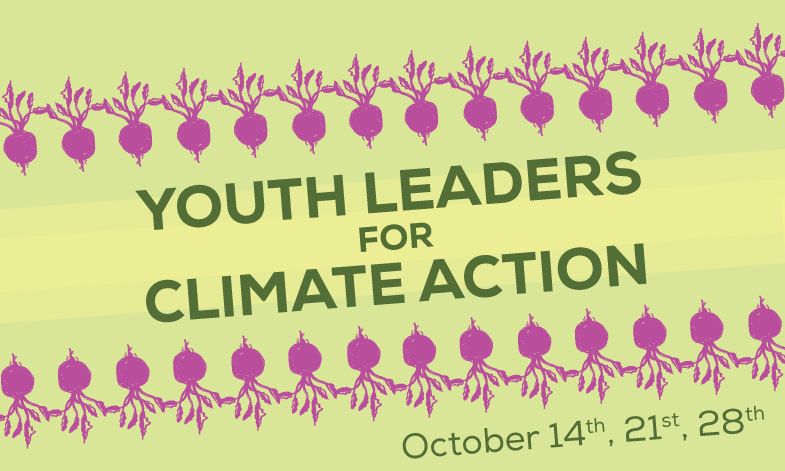10/14 - Food
Leaders will spend the day engaging with food systems: from the basics of soil biology to the complex ways food is distributed, and the implications of how we share nutrients at every level. Leaders will engage with both ideas and practices, while learning ways they can get involved in growing the future of the Upper Valley.
Leaders will get their hands dirty, helping real, local farmers build compost, and tend crops.
Leaders will harvest and prepare food together, participate in food justice programs, and critically analyze just what is at stake when considering how we grow our food.
10/21 - Floods/ Fuels/ InFrastructure
Connecticut River (Kwanitekw) flows through the heart of our community, unceded Abaanaki territory.
Navigating the flow of water, people and energy will drive leaders’ investigations in this session.
Leaders will monitor and report water quality data to federal, state and independent water management agencies, investigate the connections between public transportation systems to access in the Upper Valley, and assess our museum infrastructure for energy efficiency.
Experts in the unique hydrology and ecology of the Kwanitekw will guide our data collection on the river, while experienced folk from our facilities department and local renewable energy partners will guide our investigations of energy flow and dynamics in buildings.
Leaders will be asked to apply a “systems thinking” approach to investigating the intersections between water, energy, transportation and access to a more equitable and sustainable future for the Upper Valley.
10/28 - Forest Health and Biodiversity
Leaders will use both cutting edge satellite imagery and old school forestry techniques to make a land coverage assessment of the essential core habitat, along the Kwanitekw adjacent to the Montshire Museum.
While afield they will work with local ecologists to build the skills of field science, learning how to design studies and capture data in ways that will be useful to scientific organizations all over the world.
Leaders will lean into learning from the land: its intrinsic value, how much carbon it might be capturing, and what kinds of life it may be harboring.
In addition, Leaders will also explore the health benefits of spending time in nature that science is only recently becoming more adept at quantifying.
